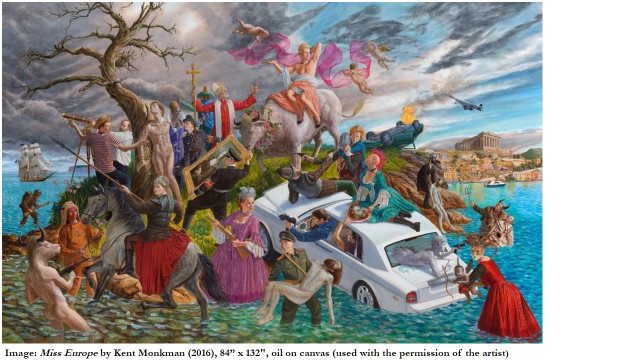(Non)Translation as Resistance in Tomson Highway's Kiss of the Fur Queen
DOI:
https://doi.org/10.21992/tc29381Keywords:
Translation, literature, settler-scholar perspective, Indigenous writingAbstract
After a brief explanation regarding the author’s settle-scholar status in regard of interpreting Indigenous texts, Tomson Highway’s novel Kiss of the Fur Queen is examined as a ‘first translation’ in which untranslatability plays the main role. The term ‘first translation’ will be defined, and a deliberately refined definition of a hybrid text will be reviewed through the lens of several Indigenous scholars. Then, following a brief description of Highway’s novel, the paper will envisage its translatory nature from the point of view of three narrative strategies: 1) The insertion of Cree lexical elements within the text. Here, in a codified manner, Highway forces the reader to grasp the importance his mother tongue has in understanding the novel’s complexities. 2) This is followed by a section on the use of Cree mythology within the narrative. Gerald Vizenor’s use of Bakhtin becomes a useful tool in accessing the idea of two consciousnesses through the intertwining of the fantastic and mythology. 3) And finally, the linguistic challenge of cultural contact within the story itself is examined. From the foreignness of English, quite literally attached to the sound of the language, to the inability of expressing the reality of abuse endured in residential school in Cree, the protagonists push up against irreconcilable cultural/linguistic worlds. Put together, these three different narrative strategies come together to form a langue culture, to use Henri Meschonnic’s term.Downloads
Published
Issue
Section
License
Authors who publish with this journal agree to the following terms: a.Authors retain copyright and grant the journal right of first publication with the work simultaneously licensed under a Creative Commons Attribution License that allows others to share the work with an acknowledgement of the work's authorship and initial publication in this journal. b.Authors are able to enter into separate, additional contractual arrangements for the non-exclusive distribution of the journal's published version of the work (e.g., post it to an institutional repository or publish it in a book), with an acknowledgement of its initial publication in this journal. c.Authors are permitted and encouraged to post their work online (e.g., in institutional repositories or on their website) prior to and during the submission process, as it can lead to productive exchanges, as well as earlier and greater citation of published work (See The Effect of Open Access).



